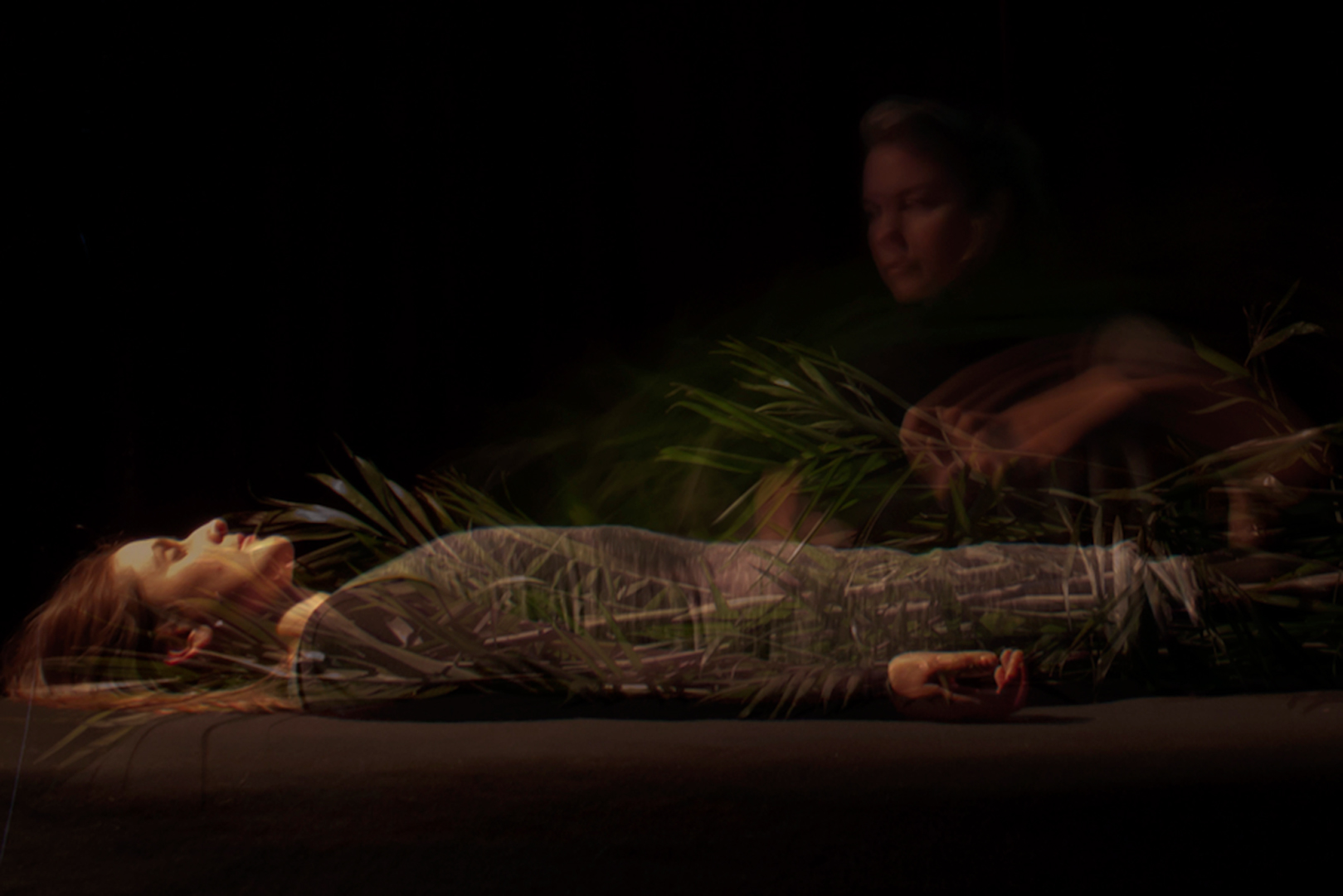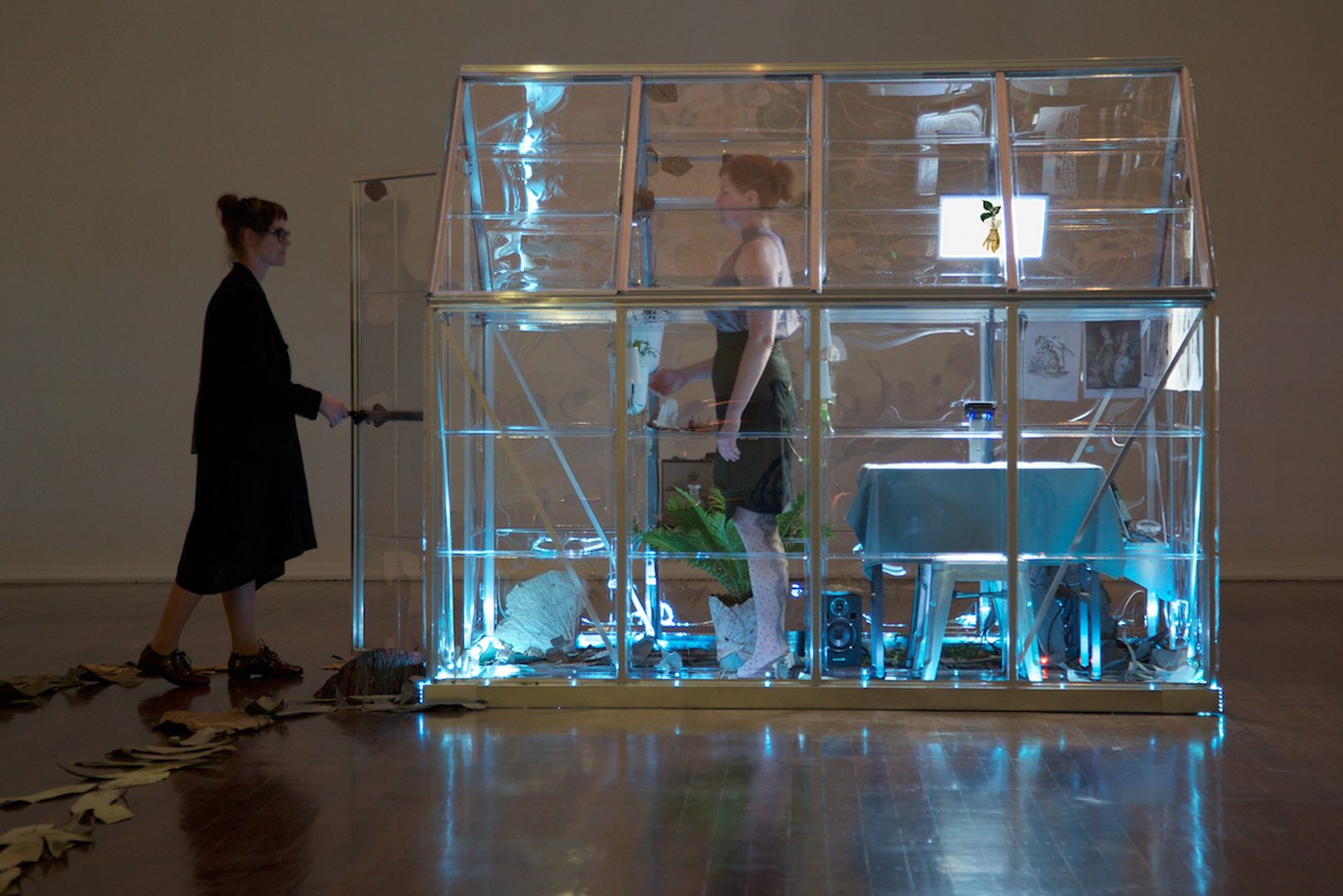“Somatic Drifts” presented by Jones
Symposium:
- ISEA2016: 22nd International Symposium on Electronic Art
-
More presentations from ISEA2016:


Session Title:
- Creative Work and Well-Being
Presentation Title:
- Somatic Drifts
Presenter(s):
Venue(s):
Abstract:
A presentation of findings from Jones’ artworks, Somatic Drifts and Plantarum: Empathic Limb Clinic, that contemplate the non-human by altering the perception of the participant to reflect on transitory states and trigger new experiences of empathy. [1] [2]
Somatic Drifts
Somatic Drifts is a live artwork and accumulative audiovisual installation by Cat Jones. The artwork explores trans-human, species and material empathy. Jones enables the participant to experience the body of another entity through body illusion and touch. These mediatised shamanic transgressions challenge internal and external difference and communicate across
consciousness, culture, time and geography. The project accumulates a recorded bank of bodies and unique audio narratives that accompany them. The artwork raises personal and political questions: What realm does the sense of self exist within? How far can it drift? What can this drift enable us to change?Plantarum: Empathic Limb Clinic
Plantarum: Empathic Limb Clinic precedes Somatic Drifts, offering an immersive sensory experience in a mobile field laboratory. The experience blends horticulture and neuroscience and offers participation in Jones’ experimental proposal for a new treatise on the art of grafting.The live exchange references certain histories of botany and recent developments in the science of plant signalling and adaptive behaviour. The methodology used in the experiences, visualtactile feedback, has previously shown interesting results in neuroscience applications and research. [3] Mirror therapy is used to alleviate some chronic pain conditions; and Mel Slater’s research in (human) virtual embodiment has shown evident reduction in implicit racial bias. [4] These novel artistic experiments begin to dissolve the physical and conscious boundaries of the participant and provide a space for reconsiderations of empathy and the post-human.
Sound design by Melissa Hunt.






